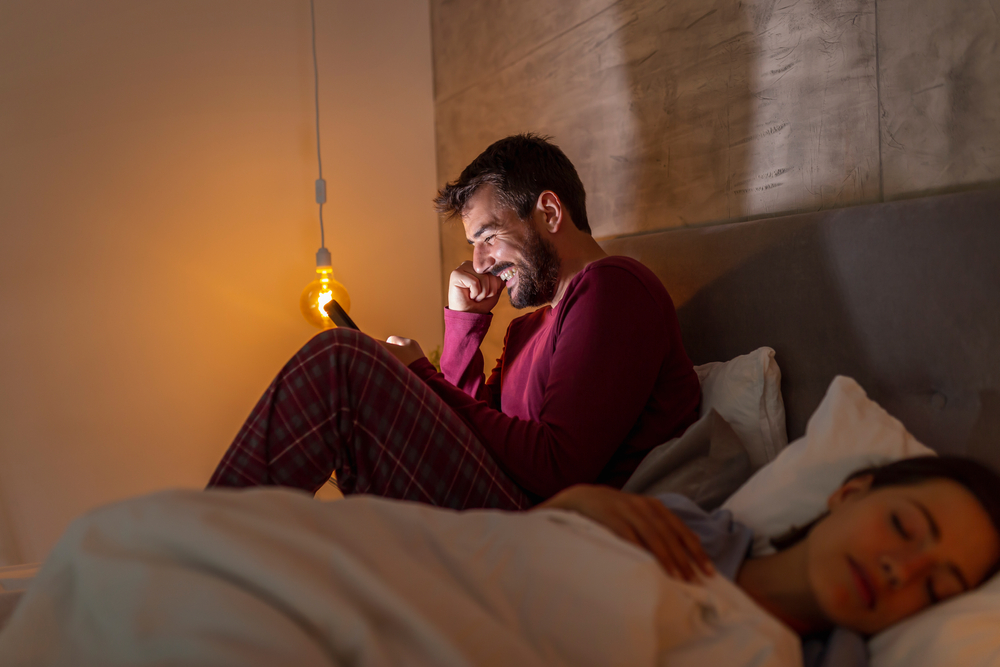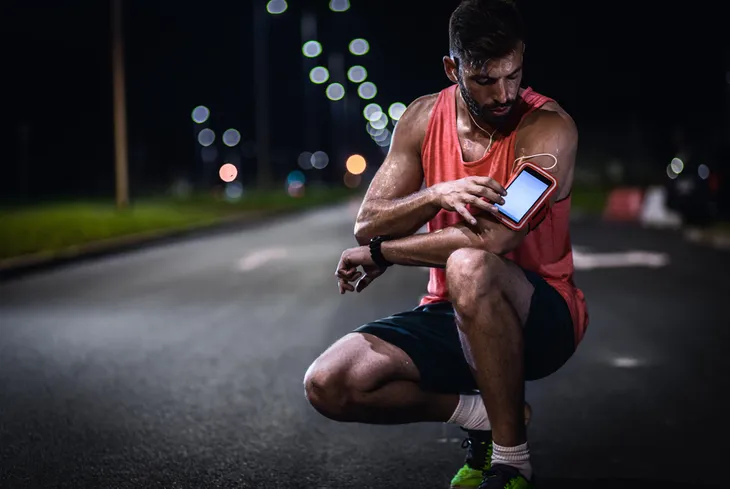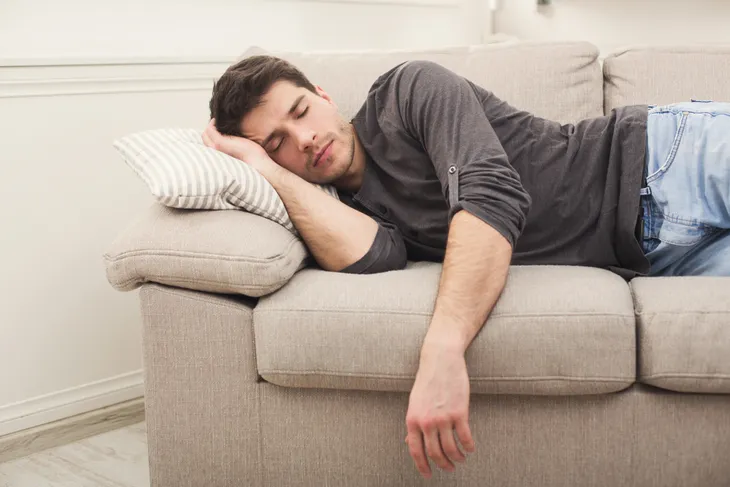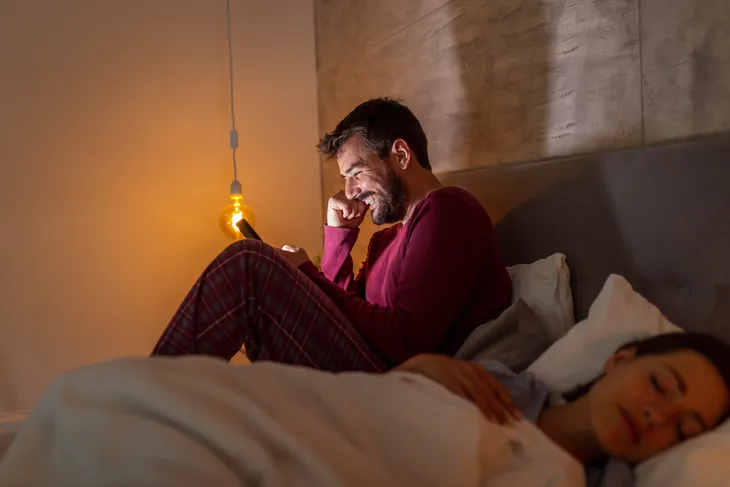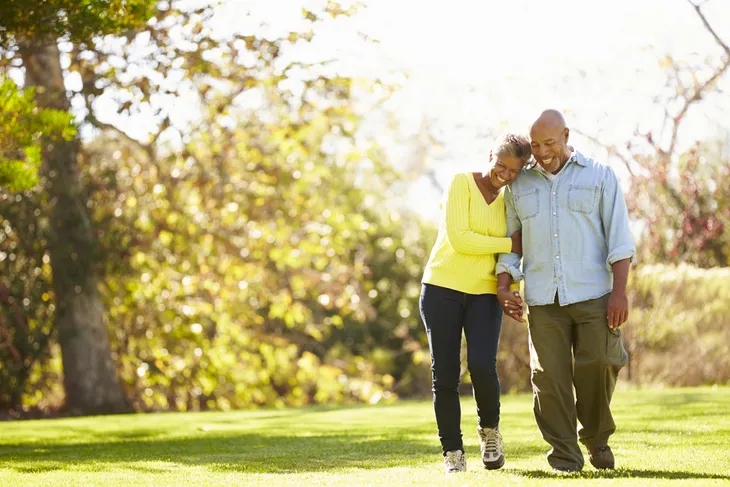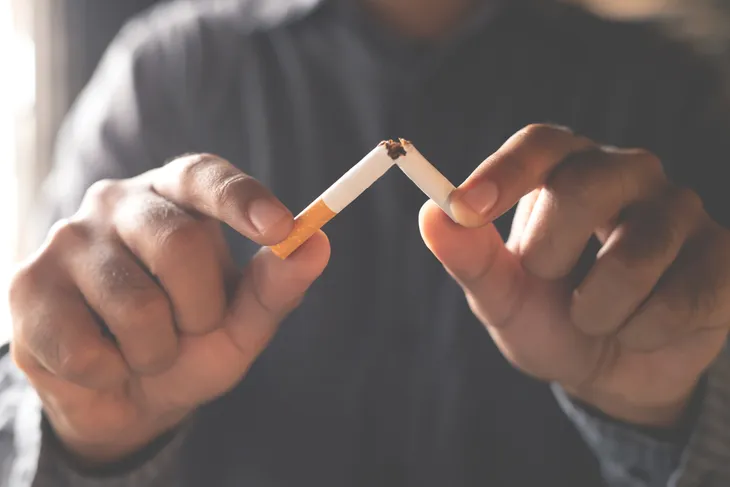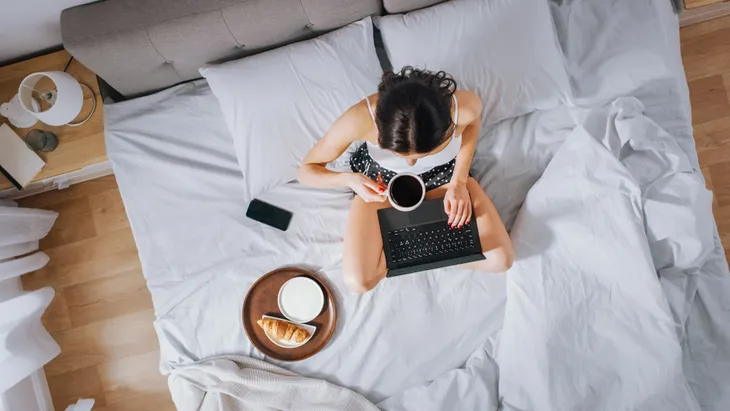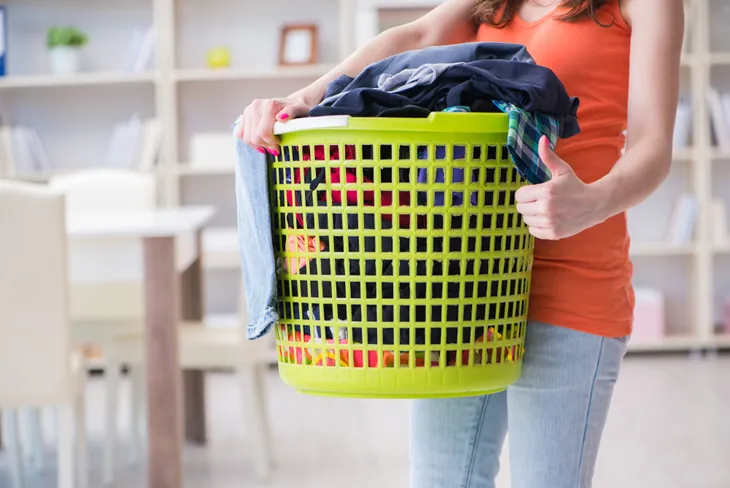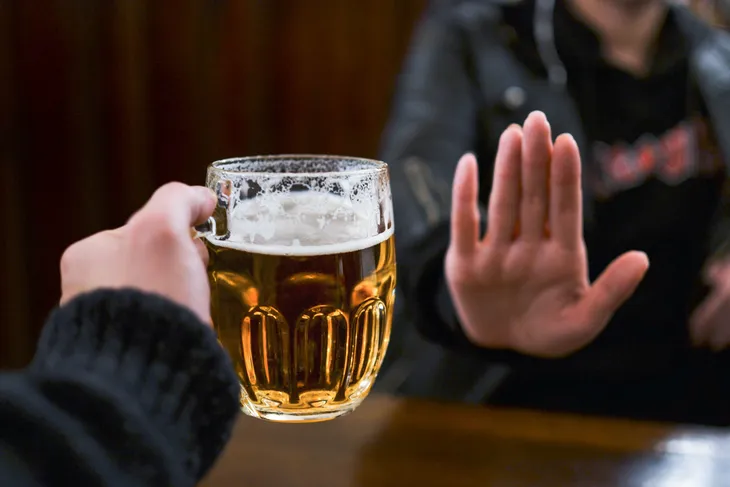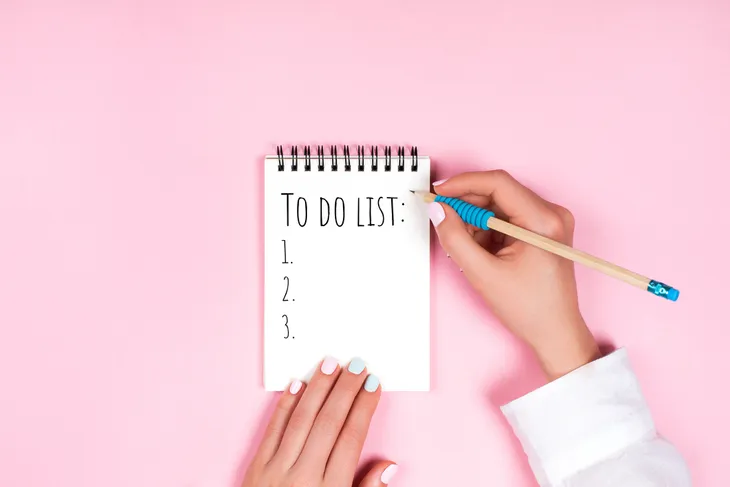- Sleep is important for your overall health as it restores your mind and body.
- Some daytime habits like exercising too late, drinking caffeine, napping, and worrying may impact your sleep.
- If you are having a hard time sleeping and you’ve implemented techniques to troubleshoot the problem then it might be time to reach out to your doctor.
A goodnight’s sleep is vital to so many aspects of our life. It restores our mind and body, gearing us up for a tough day at work or a long day at home. Your bedroom can have the perfect bed, the thickest curtains, and the most comfortable pillows but that’s not all that matters. Your daytime habits that impact your sleep can keep you tossing and turning all night.
If you have a hard time falling or staying asleep it’s time to review your day and look for areas of improvement. Maybe you are drinking coffee or soda too late into the day or staring at your smartphone just before bed, stimulating your mind. Take a look below to see if one or more of these habits is a part of your day and could be impacting your sleep.
Exercise
A great way to improve your nighttime sleep is to be active during the day. According to the Mayo Clinic, “Regular physical activity can promote better sleep. Avoid being active too close to bedtime, however.” Getting that workout in or going for a walk during the day will help you stay healthy and expend energy.
You don’t have to become a gym rat to sleep well at night. Just getting up off the couch, going for a walk, doing yoga, or a light jog can all do the trick. It’s about moving your body, which will also help boost your mood, which in turn, can help your mind relax and sleep when nighttime hits.
Caffeine
Caffeine is a stimulant and when you consume it too close to bedtime it can keep you awake. Harvard Medical School says, “…caffeine generally decreases the quantity of slow-wave sleep and REM sleep and tends to increase the number of awakenings. The duration of its effect depends on the amount of caffeine ingested, the amount of time before sleep that the person ingests the caffeine, the individual’s tolerance level, the degree of ongoing sleep debt, and the phase of the individual’s internal clock.”
Make an effort to avoid all caffeine 6 to 8-hours before bed. Remember that soda, tea, and energy drinks typically contain caffeine. After lunch, switch to water or non-caffeinated tea to keep you hydrated and ready for the rest of your day.
Napping
When you start to feel tired after lunch, a nap may sound like the perfect solution. For some people napping is a part of their routine but for others, it can ruin their nighttime sleep. If you nap during the day you may not be tired when bedtime rolls around, you’ll end up laying in bed staring at the ceiling.
If you need to take an afternoon nap, keep it short, aim for about 30-minutes, and try to take your nap before 4 pm. If you find that your nighttime sleep isn’t restful then it might be time to cut out your nap.
Screen Time
In the morning grabbing your phone might be the first thing you do and when you go to bed at night it’s likely the last thing you put down. All that time on your phone, computer, and TV could be affecting your sleep. “The blue light devices give off messes with your body’s natural nightly production of melatonin, the hormone that makes you feel sleepy,” reports HuffPost.
But it’s not only screen time during the night that can change your sleep habits. HuffPost reported on a study that showed too much screen time at any part of the day could affect your sleep. The study showed that the quality and duration of sleep were reduced as phone time went up. One easy way to fight all that screen time is to put a time limit in your phone’s settings.
Outdoor Time
A little bit of time outside every day can make a huge difference in your nighttime sleep. “Several studies have shown that exposure to light in the morning helps reset your circadian rhythm for the next 24 hours, telling you to feel awake in the morning and also to feel sleepy when it’s time to hit the pillow later on,” says HuffPost.
If you work outside the house then getting outside in the morning isn’t too much of a problem. But if you work from home or are off work for the day, then make a point to go for a walk in the morning to get that much-needed sunlight and vitamin D.
Smoking
Smoking and nicotine can wreak havoc on not just your sleep but your overall health too. Just like caffeine, nicotine is a stimulant. It will keep you awake at night and make it difficult to stay asleep. “Studies have shown smokers are more than four times more likely to report restless sleep than nonsmokers,” says HuffPost.
The source continues to tell us that smoking changes your body’s internal clock and increases your chances of developing obstructive sleep apnea. It’s clear that smoking is a terrible health decision in so many ways. But with its addictiveness, it’s incredibly hard to quit. Reach out to your doctor for help quitting.
Not Getting Out of Bed
If you are someone who uses your bed for eating, phone calls, work, TV, or any other daytime activity it’s time to stop. Sitting or lying in bed during the day gives your mind and body the perception that this place is not only for sleep it’s for everything. That can make it hard to transition into sleep when that time rolls around.
When the alarm goes off in the morning it’s time to get out of bed. No matter how tempting it is to cozy up under your blankets, don’t hop back into bed until it’s nighttime. Training your brain that your bed is a place for sleep will help you sleep better and longer.
Sleep Hygiene
Getting into healthy sleep habits at night can have a positive influence on your nighttime sleep. Sleep hygiene as it’s sometimes called, “is an important part of cognitive behavioral therapy (CBT), the most effective long-term treatment for people with chronic insomnia,” reports the American Academy of Sleep Medicine (AASM). The source reports that CBT addresses your thoughts and behaviors to help you sleep.
In a practical way, your sleep hygiene should include things that help you relax at night. This may be a warm shower, turning down the lights, light stretching, or a warm cup of caffeine-free tea. Having a set schedule for when these activities happen and when you get into bed will help keep your mind on track and ready for nighttime.
Working in the Evening
Avoiding work in the evening can be near impossible for some people. It might be the only time you have to get the laundry done, do dishes, or finish up that project for work. But if you are having a hard time sleeping at night then do your best to do these activities in the morning. Your evenings should be saved for relaxing and unwinding.
According to Tracey Marks, MD from WebMD, “Your brain is better primed for mental tasks in the morning when sunlight suppresses the production of melatonin, a sleep-inducing hormone.” Ultimately, you’ll have better focus in the morning and will likely finish those tasks faster and more efficiently.
Alcohol
If you use alcohol to help you fall asleep at night it might actually be backfiring and causing you to wake up more frequently during the night. Initially, alcohol can help you fall asleep but according to Harvard Medical School, “Ingesting more than one or two drinks shortly before bedtime has been shown to cause increased awakenings–and in some cases insomnia–due to the arousal effect the alcohol has as it is metabolized later in the night.”
It’s time to stop using alcohol to sleep. One drink a night can be reasonable for some people but more than that can really have a negative effect on your night. Use other methods to relax and release the tensions from the day. We love simple things like stretching and relaxing music to get primed for bed.
Worrying
This daytime habit is not an easy one to kick. Worrying is a part of who so many of us are. We are worriers. But keeping a running list in your head of all the things that need to get done or problems in our lives will only cause stress and make it hard to sleep.
Before you go to bed write down your concerns and to-do lists. Having a concrete list of ideas and concerns will help your mind ease and let you relax. If you have a full plate then it’s time to take off anything you can to keep your stress levels down.
Time to Talk to Your Doctor
As you can see many small habits may be interfering with your sleep. By stopping these habits you may find you can get the sleep your body needs. That said, if you are having a hard time sleeping and you’ve implemented techniques to troubleshoot it then it might be time to reach out to your doctor. Your doctor can help identify any underlying causes of your restless nights to get you back on track and sleeping soundly.
